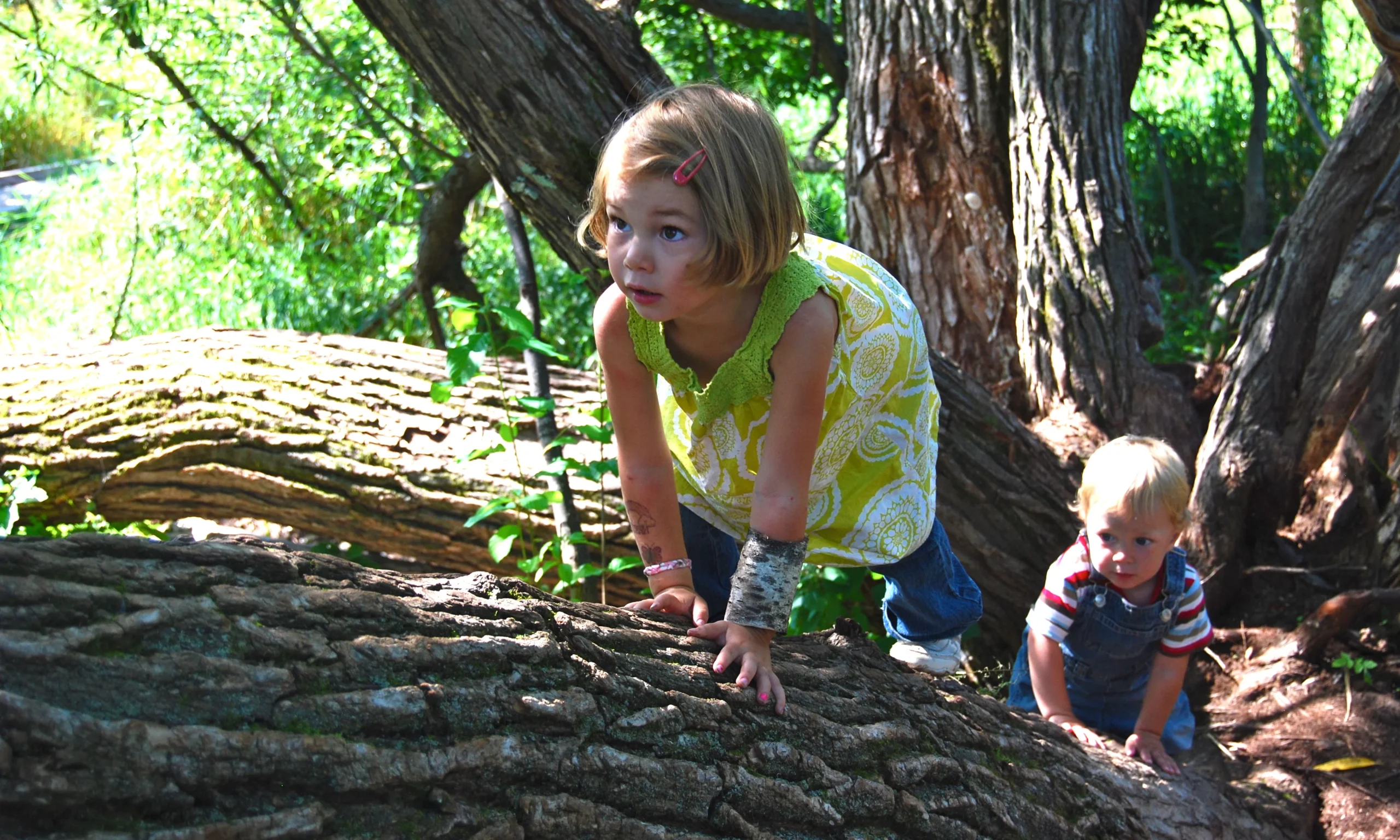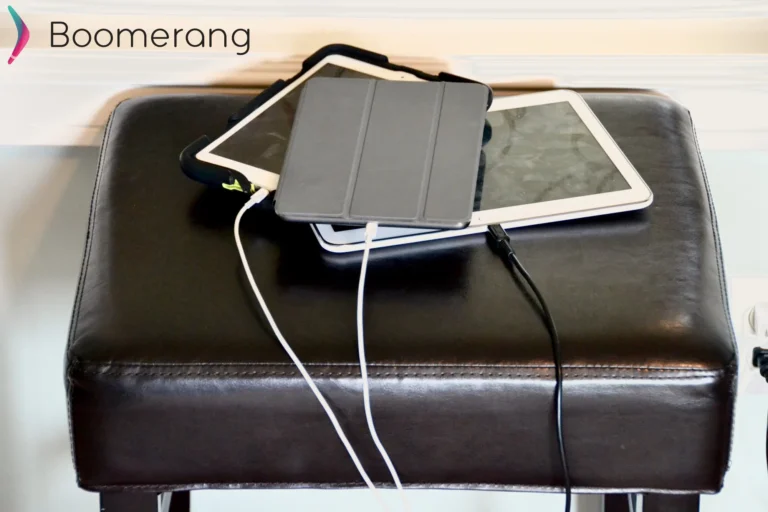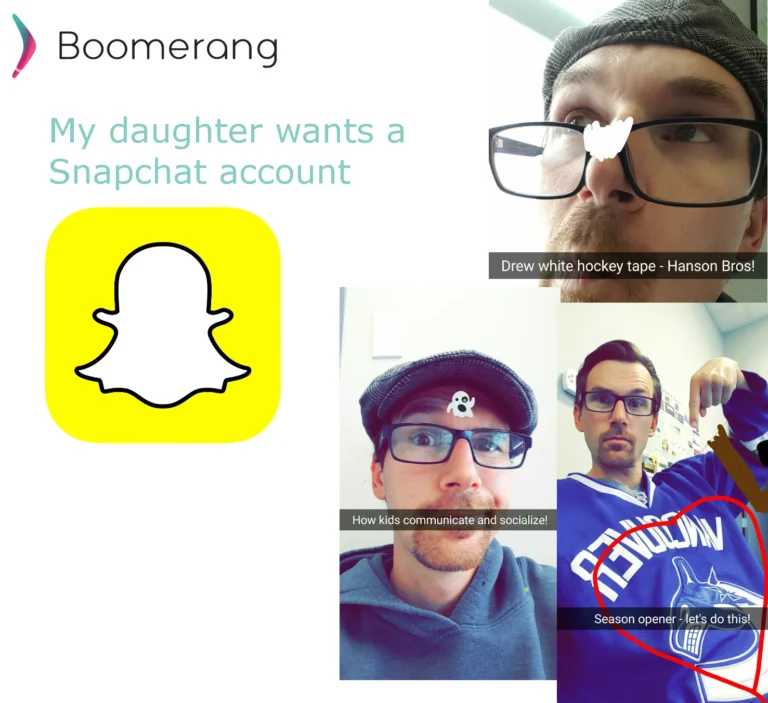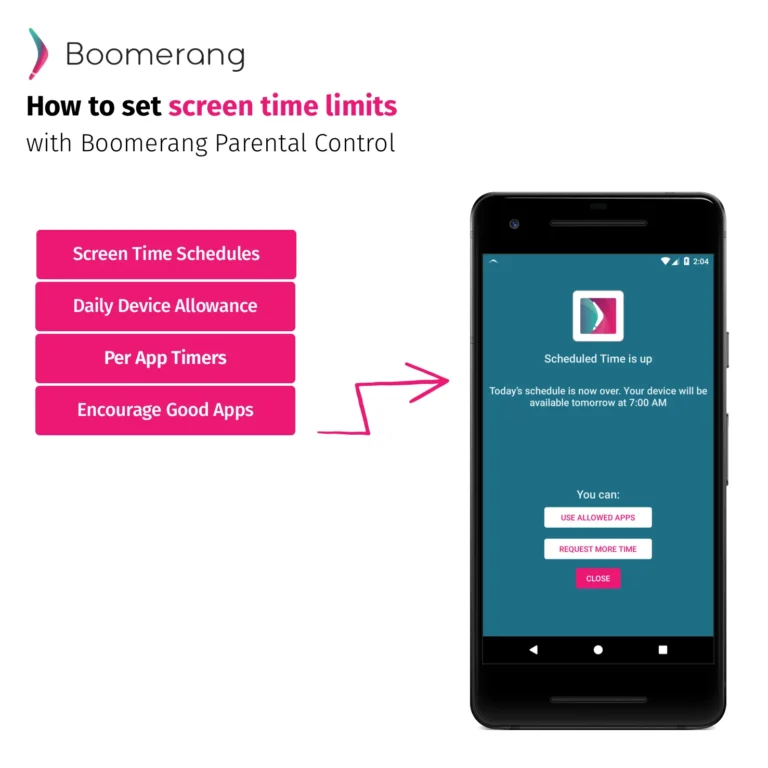21
Mar
2017
A Shift in the Nature of Worry
March 21, 2017

I would like to precede this post by saying that I’m not a parent (yet). I have, however, been witness to parenting and parental worry because I was the first born of three girls. I was not brought up online.
When I was between the ages of six and ten, my parents worried that I’d fall out of a tree at the cabin, crack my head on the pavement of our cul-de-sac playing kick-the-can, skin my knee to the bone playing tag, or fall into the creek that runs near the house I grew up in. When I turned 11 (or thereabouts), we had the talk about not talking to strangers, and definitely not accepting candy from them or getting into their cars. I was (am) a smart kid, and I listened because it made sense to me; it sounded scary! When I turned 16, my parents worried that I would start drinking or smoking pot, so we had a talk about safe practices, hanging out with trustworthy people, and always trusting your gut. They worried that I would drink too much or get into trouble with the cops. They never had to worry about online predators. To say that the worries of the parents of the current generation have changed is an understatement. Parents now have the vast worlds of the internet to contend with, but fortunately, the way to keep your kids safe online remains the same as it did with my parents and me growing up. You have to talk to them. Notice I didn’t say talk at them? It needs to be a conversation based on mutual trust and respect. They trust you to keep them safe (even if they insist that they’re old enough to look after themselves), and you have to trust them to tell you if something is amiss. I say this with regards to parents, but the same goes for teachers, school counsellors, and other people who are in constant contact with today’s youth.
Everyone has a gut-instinct, and youth need to be taught to listen to, and to trust theirs.
I can’t count how many times I left a party early, or left a group of friends because something ‘just didn’t feel right’ and about 90% of the time, I was right to leave. Kids and youth need to be taught that their personal information is incredibly valuable, that people cruise the internet looking for vulnerable young people, and that many creeps will go to extreme lengths to harm them and/or their reputation (as in the case of Amanda Todd). Giving your kids advice on Internet safety is even more important than the advice not to get into cars with strangers, because they’re much more likely to come across a predator online than they are in real life (with that said, you should still tell them not to get into cars with strangers). The danger is that kids may think that they’ve got it covered, and that they know more about the web than their parents do. It’s your job to make sure that’s not the case.

The best thing you can do to protect your kids online, aside from talking to to them, is to make sure that Boomerang is installed on their devices. You can monitor as much or as little as you feel is necessary, but at the end of the day, you’ll be up to date on their internet usage, and you’ll be able to block sites you know to be harmful. If you have any questions about internet safety, or about Boomerang in general, don’t hesitate to reach out to our team. We’re here to help keep your family safe online. If you haven’t heard Amanda Todd’s story, here’s a link: Article: Mother of Amanda Todd relieved at guilty verdict of daughter’s alleged harasser





